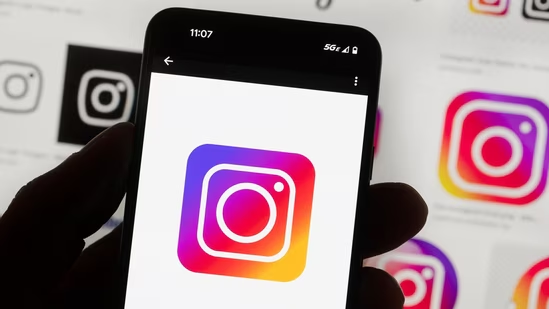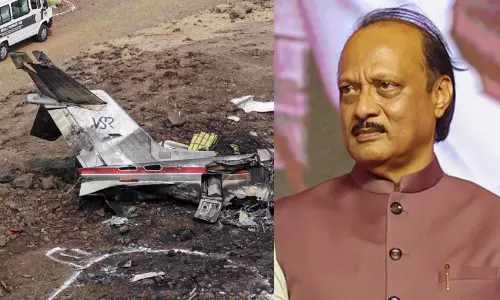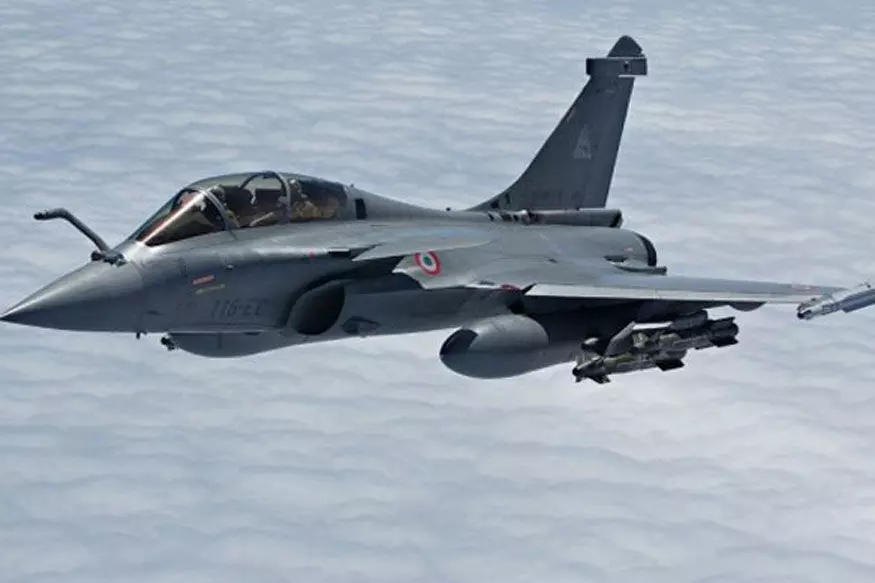
Why is no one talking about Rafale?
text_fieldsThe multi-billion-dollar deal to buy Rafale fighter jets for the Indian Air Force from the French company Dassault was embroiled in allegations of corruption right from the start. Mainly Anil Ambani's role in the deal faced charges. The Defence Acquisitions Council had planned to acquire a total of 126 aircraft. The first decision was to buy 18 fully equipped aircraft and build the remaining aircraft through the transfer of technology to the Indian public sector undertaking Hindustan Aeronautical Limited (HAL). However, the agreement was changed after Prime Minister Narendra Modi flew to Paris in 2015. Though the then-defence Minister Manohar Parrikar did not accompany Modi, Anil Ambani did. When the new contract came out, HAL was not in the picture. But there is Ambani's Reliance Defence. Naturally, the question arose as to how Reliance Defence, formed just 13 days before the signing of the Rafale Agreement, could be part of such a high-value defence deal. The suspicion that there was something else behind the deal grew stronger. Each further move strengthened the suspicion that the government had a lot to hide in the Rs 59,000 crore deal. However, the government and the BJP defended themselves against criticism about the agreement by using their usual card of 'national security'. The government did not even disclose the cost of a single aircraft under the new agreement. The total cost is estimated at Rs 59,000 crore; an estimated Rs 1,670 crore per aircraft. But in the first contract, an aircraft would have cost only Rs 527 crore. This is an additional liability of Rs 30,000 crore for India. But what can be done? No one can do anything. No matter what is asked, it will be suppressed by stock arguments such as demoralization of the army, national security and Pakistan. The Opposition does not have the courage to face such narratives. It hasn't been forgotten that Rahul Gandhi has constantly raised this issue. However, not even the Congress party has been able to properly address the doubts raised by him. That's how the controversy reached the court. The demand was that the deal be investigated under the supervision of the Supreme Court. But the Supreme Court wielded the same card as the BJP. The honorable court, too, found that the details of the contract could not be verified and that there were limitations in reviewing defence contracts!
As Indian political parties, media and courts started forgetting about the deal, a new revelation exploded in France. A few days ago, the French Anti-Corruption Agency (AFA) found out that an arms dealer had received around Rs 8.6 crore in bribes in the Rafale deal. It has been revealed that the money was received by the company of Sushen Gupta, the accused in the AgustaWestland helicopter deal during the UPA government. This was reported by Media Part, a Paris-based investigative website. This transaction has been noted in Dssault's records as a gift for the dealer. It was the investigation into how such a large sum of money could be paid in this category that helped uncover the depth of corruption. There are also allegations that Sushen Gupta has got his hands on top-secret documents of the Ministry of Defence. But champions of national security have been silent on this so far.
There are reports that the financial crimes branch of France's public prosecution had recommended an investigation into the Rafale deal. It might not be possible in France to play the 'national security' card against investigations like this. It was already exposed that the Anil Ambani group had spent millions on a movie starring former president Francois Hollande's wife. Sherpa a non-government organisation that had investigated this, have also filed a complaint to probe the deal in detail. More information is yet to be revealed about the arms dealers, their shady transactions, and the role of the Indian ruling classes in it. News from France indicates that the details of this large tale of corruption that even the court is trying to shut in citing 'national security', cannot be kept out of the open for long. However, the opposition in India is unable to seriously raise these new developments in the scam. Are they also getting scared by the 'national security' card?






















